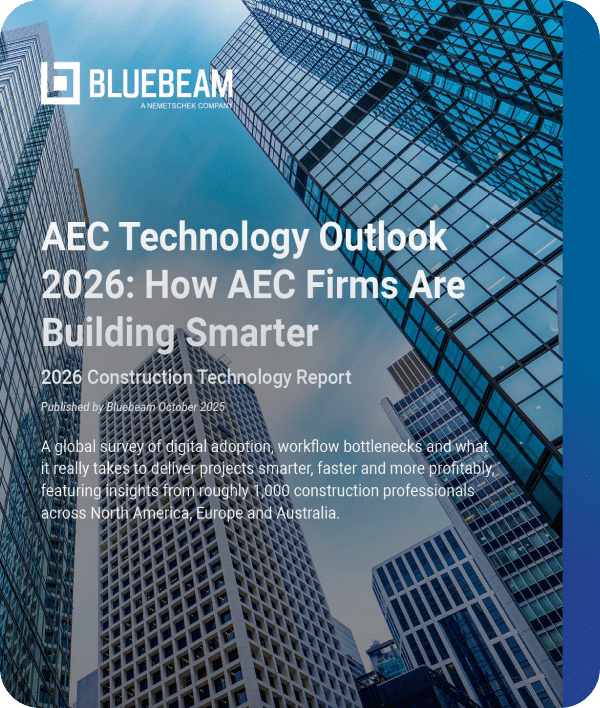Illustration by Mojo Wang
Just as the building industry is looking for ways to adopt climate-positive practices, Latin American innovators are taking a fresh look at strategies for converting waste into environmentalism and entrepreneurship. It’s an old concept in the region, where nothing is disposed of until it’s truly lost all utility—but this culture of reuse is getting an increasingly technological spin.
This embrace of environmentalism as a spur to the circular economy led Henry Colorado to develop a process for converting abandoned tires and industrial rubber waste into flexible flooring. Colorado, a professor at the University of Antioquia in Medellin, Colombia, has created not only a model for recycling, but also a pretext for the launch of a successful business. And that may provoke business and government to adjust their perspective on materials science as an engine of simultaneous conservation and growth.
“Our materials and processing industry is not very powerful,” Colorado said. “There is not much legislation or regulation from the politicians and government, and we have to motivate them and sometimes help them to understand. We have to work in conjunction with the politicians.”
Why tires?
Colorado zeroed in on the issue of discarded tires because they present a significant global problem, and in Colombia there were no initiatives to make use of them. As can often be the case for academic researchers, corporate interest in the project was also a factor. He saw a means of creating a technological solution to an environmental problem and a conduit for commercializing that solution.
Flooring was not the only option Colorado explored for repurposing pulverized tires. He and a big company in Colombia looked into integrating the material within asphalt, and he got strong results using wax to increase the life of the ground tires in that application.
The other was flexible floor tiles. “This is the easier solution from a processing point of view,” Colorado said. “You just need mechanical processing and machines that are used for processing polymers, like hot press and so on.” To pursue that idea, some of his students at the university launched a startup, ECOREPRODUCTS, and developed processes for incorporating different materials within the ground tire compound.
“They’re actually doing very well,” Colorado said. “It’s a tech company, a small company based on innovation, because they are mechanical engineers and materials scientists. They’re using different applications in architecture and civil engineering. So, they are playing a lot with the colors and shapes in different applications—actually different materials involving rubber. If you import different material, then you change the strengths and all the mechanical properties, and this opens up to new applications: not only tiles, but also decoration.”
A business is born
The process is inexpensive—a key consideration in Latin America—which strengthens the young company’s ability to compete against manufacturers and sellers of traditional floor and wall materials that are well established in the market. An additional advantage that supports ECOREPRODUCTS and promotes good environmental practice: because it is a startup, companies that go through a high volume of tires and give those that are no longer usable to ECOREPRODUCTS receive a certificate that entitles them to a reduction in taxes.
Depending on the hardness, elasticity or other attributes required for a specific application, the pulverized tires become part of a composite that can include a flexible polyurethane resin (used as a binder) or layers of polymeric additives. “It’s not a complex process, and we always try to keep it simple,” Colorado said.
The innovation, then, lies not in a major technological advance but rather in its capacity to enable a shift in mindset and in attitudes toward sustainability. And then on the production side, the company looks to innovate by customizing designs to individual buyers’ specifications regarding shape, size or mechanical properties. The company focuses on small- and mid-volume production rather than mass production for this reason. And even the customized processes are relatively inexpensive, which creates their value proposition.
The tiles can be produced in different colors and designs, and the colors permeate the material. “It’s absorbed by the particles,” Colorado said. “So, if you break the small particles, each is infiltrated. And the color is very stable under almost any conditions,” such as exposure to the sun.
Moreover, this already recycled product is re-recyclable because it can be ground again and once returned to its pulverized state, put to reuse in a new product. And that’s very much in keeping with the ideals of the circular economy and with Latin American cultural perspective on minimizing waste.
International expansion
The project has also realized a bonus benefit that has particular appeal to the professor as an educator: it is engaging students in real-world solutions and preparing them for professional success. Former students who were involved in the project include one who now owns a small business and another who works for a large company where he implemented a solution that sparked the launch of two new enterprises.
“It’s a very successful story for the students as well,” Colorado said. “This is something that we usually don’t count, but it’s really important.” In effect, it has been an incubator of talent as well as process. The startup is now looking at international expansion, first in response to interest from two countries in Central America. Colorado and his former students hope to be able to continue to promote its global growth.












